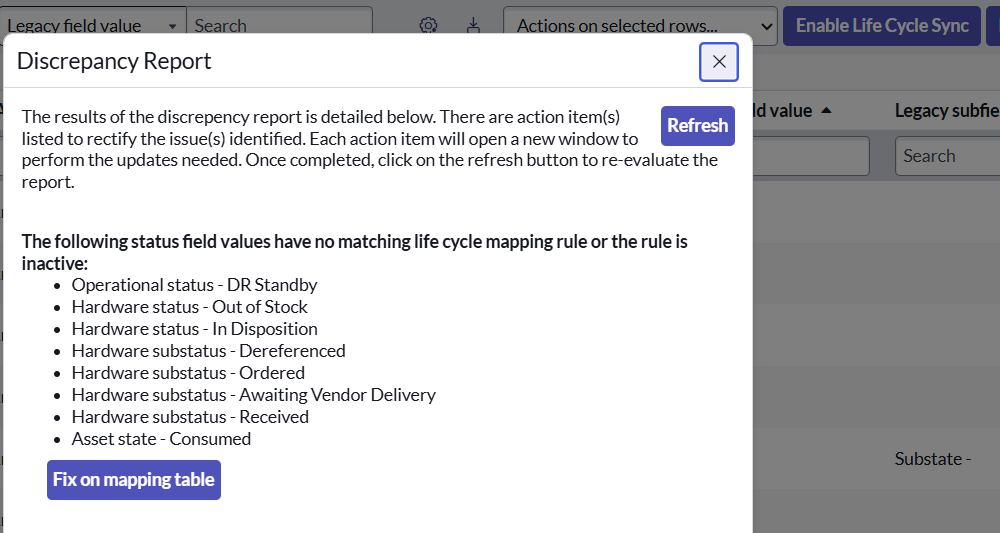From Team Agile to Enterprise Agility: Scaling Up with SAFe
In today’s dynamic business environment, even organizations that have embraced Agile at the team level often struggle to achieve company-wide...
![]() The Cloud People
•
2 min read
•
Jun 27, 2025
The Cloud People
•
2 min read
•
Jun 27, 2025

Many organizations already use ServiceNow successfully - whether to optimize IT processes, track incidents more efficiently, or automate routine tasks. Yet despite this success, the platform often falls short of its full potential. The reason? ServiceNow is still too often viewed as a tool, not as a strategic platform. And that’s precisely where the real difference lies between reactive use and long-term business impact.
A tool serves a specific function. It helps solve a defined problem or implement a particular requirement: a ticketing system for handling incidents, a CMDB for managing configuration items, or a knowledge base to structure documentation. Useful, yes but ultimately limited in scope.
A platform, by contrast, creates structure. It connects functions, roles, data sources, and processes into a unified digital ecosystem. In the case of ServiceNow, this means that all modules - ITSM, ITOM, ITAM, Security, HR, and beyond - share a common data foundation, use consistent workflows, and create synergy. Thinking in platforms means breaking down silos, aligning processes, and acting on data. It is only when companies begin to approach ServiceNow through this lens that the platform evolves from a helpful tool into a true engine for transformation and automation.
But this transformation doesn't happen by accident. Without a defined platform strategy, ServiceNow often becomes a patchwork of isolated solutions. New demands are implemented ad hoc, with little architectural oversight or governance. The result is fragmented structures, growing technical debt, and integration issues that ultimately hinder innovation. To avoid this, companies must establish strategic direction early, define a platform vision, implement governance mechanisms, and assign clear ownership.
At the center of this effort is the platform owner. This role is interpreted in many different ways, sometimes as a technical admin, sometimes as a project manager, or even as a product owner of individual applications. In reality, it requires much more: platform owners must act as architects of scalability, connectors between IT and business, and champions of standardization and reuse. To do this effectively, they need a clear mandate, the backing of a platform board, and access to strategic resources. Without this, the role remains powerless; with it, it becomes a key driver of digital excellence.
ServiceNow, as a platform, holds immense potential. It enables automation at both the process and infrastructure level, supports data-driven decision-making through real-time insights, and opens the door to AI-enabled service delivery. But none of this works unless the platform is intentionally managed and continuously developed. A platform strategy isn’t a one-time document - it’s a living framework that defines the principles, priorities, and boundaries for future development.The platform owner should define the governance, that include the development guidelines, as well as a defined meeting structure and architectural guidance.
The good news: building an effective platform strategy doesn’t have to be a massive undertaking. Often, a few well-placed steps are enough to get started - such as forming a platform board, defining an operating model, or launching a reusable use-case catalog. The key is not to postpone the topic any longer.
Bottom line: ServiceNow is not just a tool you implement and leave running. It is a platform that requires leadership - strategically, technically, and operationally. Those who start taking ownership and building structure today will be the ones scaling faster, working more efficiently, and delivering real value to the business tomorrow.
Learn more about this in this blog article, What platform owners really need: role, responsibility, impact - where we will deep dive into the role of the platform owner and what it takes to be successful.

In today’s dynamic business environment, even organizations that have embraced Agile at the team level often struggle to achieve company-wide...

Telecommunication Service Management: The Backbone of Modern Connectivity In today's digital age, the ability to communicate, share information, and...

If you’ve been anywhere near a ServiceNow release note, keynote, or LinkedIn feed lately, one thing is undeniable: AI is no longer “coming.” It’s...